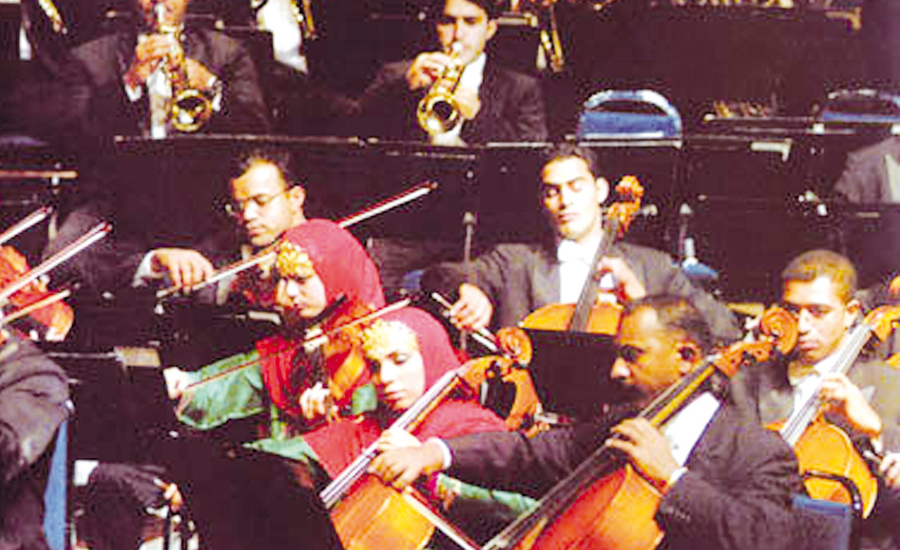

GEORGINA BENISON -
On Thursday night the Royal Symphony Orchestra Oman, now 32 years old, presented a distinctly Classical programme at the Oman Auditorium at the Al Bustan Palace, a Ritz-Carlton Hotel. Works by the “first Viennese school”, Mozart, Beethoven and Haydn, were performed to an audience of dedicated music-lovers and ROSO supporters. On July 1st ROSO will celebrate thirty years since its first concert performance.
The guest conductor for the evening was the Canadian-born, Justin Bischof. With an impressive biography and extensive list of musical accolades to his name, Justin Bischof founded the Modus Opera Company which features productions of Mozart operas. So it was no surprise that the concert opened with the Overture to Mozart’s opera, “Idomeneo”, beautifully played by the ensemble and providing a quiet, delicate introduction to this memorable soiree. It was followed by the first movement of the ballet music from the same opera, a deceptively difficult score. Mozart is not easy to play well and the interpretation should be precise and accurate. ROSO rose admirably to the challenge and performed an exquisite rendition of the work.
The central work of the concert and high point of the evening was a performance of Beethoven’s Romance no.2 in F major for violin and orchestra. The soloist was Heba Bint Mohammed Madhi bin Othman al Sharif who joined ROSO in 1990, and is daughter of the outstanding Egyptian violinist, Mohammed Mahdi. The piece is complex, highly ornamented and almost Romantic in style, anticipating Beethoven’s later compositions, and Heba executed the solo with confidence, passion and panache. It is a single-movement work in three sections and included some commendable woodwind playing. Heba’s performance involved some intricate decoration and virtuoso moments which captivated the audience and were rewarded by sustained applause at the end.
However, this was not the end. The conductor slipped off stage, members of the orchestra sat back, and we were treated to a splendid encore; familiar yet breath-taking in its demand for brilliant and fast virtuostic technique, the 1904 “Czardas”, or Hungarian “Gypsy Dance”, arranged for solo violin by Italian composer Vittorio Monti, was exquisitely performed by Heba. Ending with a high phrase, played purely on the string harmonics, there was pin-drop silence. Cheers and adulation brought the first part of the concert to a satisfying conclusion.
After a refreshments interval, part two comprised a single work; Symphony no. 101 by Joseph Haydn, nicknamed the “Clock Symphony” for its plucked strings and bassoon effects in the second movement, suggesting the ticking of a clock.
Sitting in the delightful surroundings of the theatre-by-the-sea was a nostalgic experience for those who remember Muscat before the Royal Opera House. The home-grown orchestra providing classical diversion on a Wednesday evening before the weekend, with lights not entirely dimmed to enable the reading of programme notes, the convivial interval beverage and occasional click of a mobile phone camera or audience mutterings, were all memories of a by-gone era, revived on Thursday for those prepared to travel to the concert hall and support the Royal Symphony Orchestra of Oman.
Oman Observer is now on the WhatsApp channel. Click here



